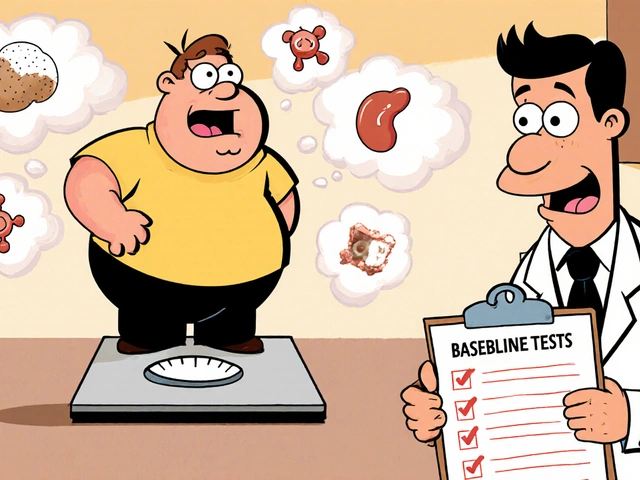Understanding Toothaches: Causes and Symptoms
When we think of toothaches, we often associate them with a sharp and unbearable pain in our teeth and gums. But what really causes toothaches? Toothaches can be caused by a variety of factors such as tooth decay, gum disease, tooth fracture, or even sinus infections. The most common cause, however, is tooth decay which leads to an infection in the tooth's pulp. This pulp is a soft tissue containing nerves and blood vessels that can become irritated and inflamed, causing a toothache.
Some common symptoms of toothaches include sharp or throbbing pain, swelling around the tooth, fever, and difficulty in biting or chewing. It is important to pay attention to these symptoms, as ignoring them can lead to more severe dental issues in the long run.
When to See a Dentist for Toothache Relief
Although toothaches can be incredibly painful, many people often delay seeing a dentist due to various reasons such as fear or financial concerns. However, it is crucial to consult a dentist as soon as possible when experiencing a toothache. Ignoring the pain can lead to more severe dental problems, which may require more invasive and expensive treatments later on.
If your toothache lasts more than a day or two, is accompanied by a fever, or if you are experiencing severe pain, it is important to see a dentist immediately. Additionally, if you notice any discharge or pus from the affected tooth, this could be a sign of an infection that requires immediate dental attention.
Diagnosing the Underlying Cause of Toothache
When you visit the dentist for a toothache, they will first conduct a thorough examination to determine the underlying cause of your pain. This may involve taking X-rays, examining the surrounding teeth and gums, and even asking questions about your oral hygiene habits and overall health.
Once the dentist has identified the cause of your toothache, they will discuss the appropriate treatment options with you. This may involve anything from prescribing painkillers and antibiotics to more invasive procedures such as root canal treatment or tooth extraction.
Root Canals: An Overview
A root canal is a dental procedure that is often recommended when the tooth's pulp becomes infected or damaged. The main goal of this treatment is to save the tooth by removing the infected pulp, cleaning and disinfecting the tooth's interior, and finally sealing it with a filling or crown.
Many people dread the thought of having a root canal, as they believe it will be a painful and traumatic experience. However, modern advancements in dental techniques and anesthesia have made root canals much more comfortable and less painful than they were in the past.
What to Expect During a Root Canal Procedure
Understanding what happens during a root canal procedure can help alleviate some of the anxiety and fear associated with this dental treatment. First, your dentist will administer local anesthesia to numb the affected tooth and surrounding area. Once the area is numb, the dentist will create a small opening in the tooth to access the infected pulp.
Next, the dentist will carefully remove the infected tissue, clean and disinfect the tooth, and shape the canals to prepare them for the filling material. Finally, the dentist will fill the canals with a rubber-like material called gutta-percha and seal the tooth with a temporary or permanent filling.
In most cases, you will need to return to the dentist for a follow-up appointment, during which a crown or other restoration will be placed on the tooth to protect it and restore its function.
Aftercare and Recovery Following a Root Canal
After undergoing a root canal procedure, it is normal to experience some discomfort and sensitivity in the treated tooth for a few days. Your dentist will likely provide you with instructions on how to manage this pain, which may include over-the-counter pain relievers or prescription medications.
It is essential to follow your dentist's aftercare instructions and maintain proper oral hygiene to promote healing and prevent infection. This may involve avoiding certain foods, keeping the area clean, and attending any scheduled follow-up appointments. With proper care, a tooth treated with a root canal can last a lifetime.
Preventing Toothaches and the Need for Root Canals
The best way to prevent toothaches and the need for root canals is to maintain good oral hygiene and visit your dentist regularly for checkups and cleanings. By brushing and flossing daily, you can help prevent the buildup of plaque and bacteria that can lead to tooth decay and gum disease.
In addition to proper oral hygiene, maintaining a healthy diet and avoiding excessive sugar consumption can also help protect your teeth from decay. By taking care of your teeth and gums, you can significantly reduce your risk of experiencing toothaches and requiring more invasive dental treatments such as root canals.




